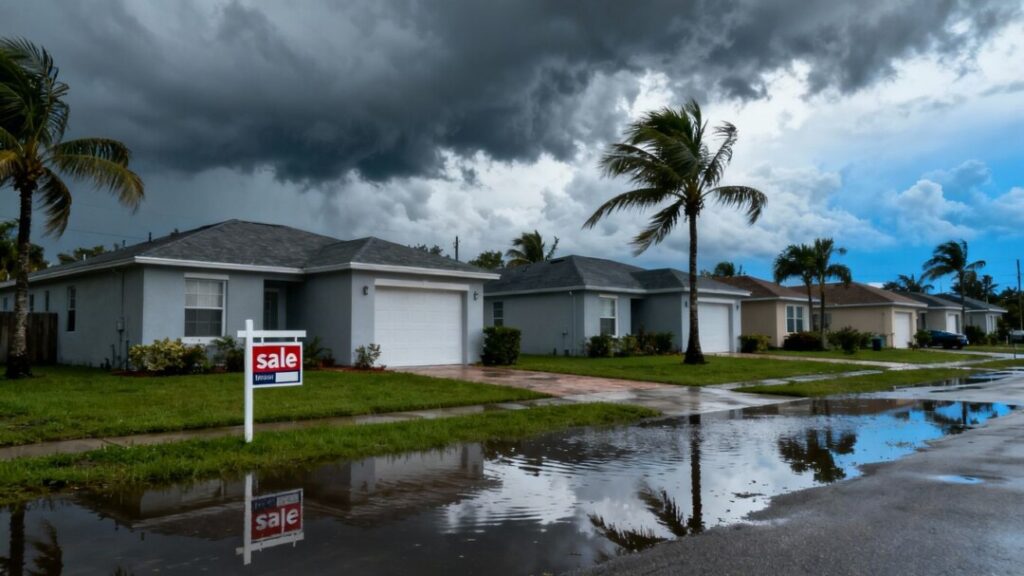A government shutdown starting October 1 has halted the National Flood Insurance Program (NFIP), casting a shadow over Florida’s bustling real estate market. With no new or renewed federal flood insurance policies, thousands of home sales and mortgage approvals are in jeopardy, especially as the state enters the peak of hurricane season.
Key Takeaways
- NFIP, which covers nearly 1.8 million Florida properties, is unable to issue or renew policies during the shutdown.
- Pending home sales—especially in flood-prone zones—may be delayed or canceled as lenders require active flood insurance for closings.
- Existing policies remain valid until expiration, but future coverage and claims could be at risk if the shutdown continues.
The Impact On Real Estate Transactions
Florida’s real estate market, which boasts nearly 20% of the nation’s flood insurance policies, relies heavily on the NFIP for property transactions in designated flood zones. During the shutdown, the inability to secure or update flood coverage could disrupt an estimated 1,300 home sales daily nationwide, with Florida projected to be the most affected state.
Pending transactions—nearly 28,000 as of late September—face heightened uncertainty. Many buyers can’t close on homes without proof of active flood insurance, as required by most lenders and federal regulations for high-risk areas.
Short-Term, Far-Reaching Consequences
Though existing NFIP policies remain effective until their scheduled renewals, those set to expire during the shutdown are directly impacted. Buyers and sellers are left scrambling for solutions, and the uncertainty is compounded by the ongoing hurricane season, when the risk of property damage is highest.
As a temporary workaround, some are turning to private flood insurance policies. However, private coverage is typically more expensive and may not be as widely available or accepted, especially in high-risk areas.
Lenders And Buyers Face Critical Choices
With the federal requirement for flood insurance paused, the decision to proceed with mortgages in flood hazard areas now falls to lenders. Some financial institutions are instituting stricter requirements, while others are delaying approvals altogether until NFIP operations are fully restored.
Real estate agents and organizations are urging clients and members to carefully scrutinize private insurance options, while simultaneously pushing for swift congressional action to reauthorize and fund the federal NFIP.
Broader Economic And Housing Implications
The suspension of the NFIP affects more than just individual transactions. The real estate market, a significant driver of Florida’s and the nation’s economy, faces potential disruptions in home sales, construction, and related industries. A prolonged shutdown could lead to decreased market activity, lower inventory turnover, and heightened financial risks for homeowners without current flood coverage.
Looking Ahead
Industry leaders emphasize the urgency of resolving the shutdown, with warnings that prolonged inaction could freeze Florida’s property market in one of its most vulnerable periods. Until NFIP authority is restored, buyers, sellers, and lenders must navigate a complex landscape where any new flood insurance policy—and therefore, many home sales—hang in the balance.
Sources
- Shutdown freezes new federal flood coverage for Florida homes, Miami Herald.
- Shutdown causes National Flood Insurance to lapse, threatening Florida home sales, South Florida Agent Magazine.
- Government shutdown threatens thousands of Florida home sales, HousingWire.
- Buyers Could Face Delays During Shutdown, | Florida Realtors.


